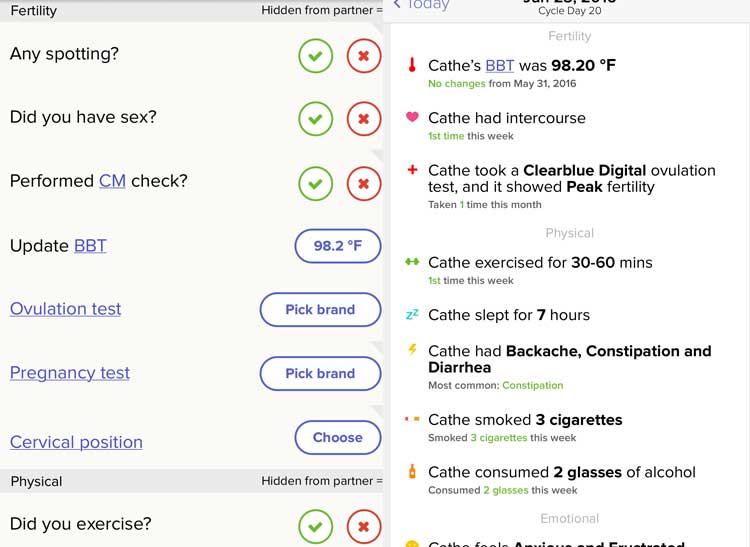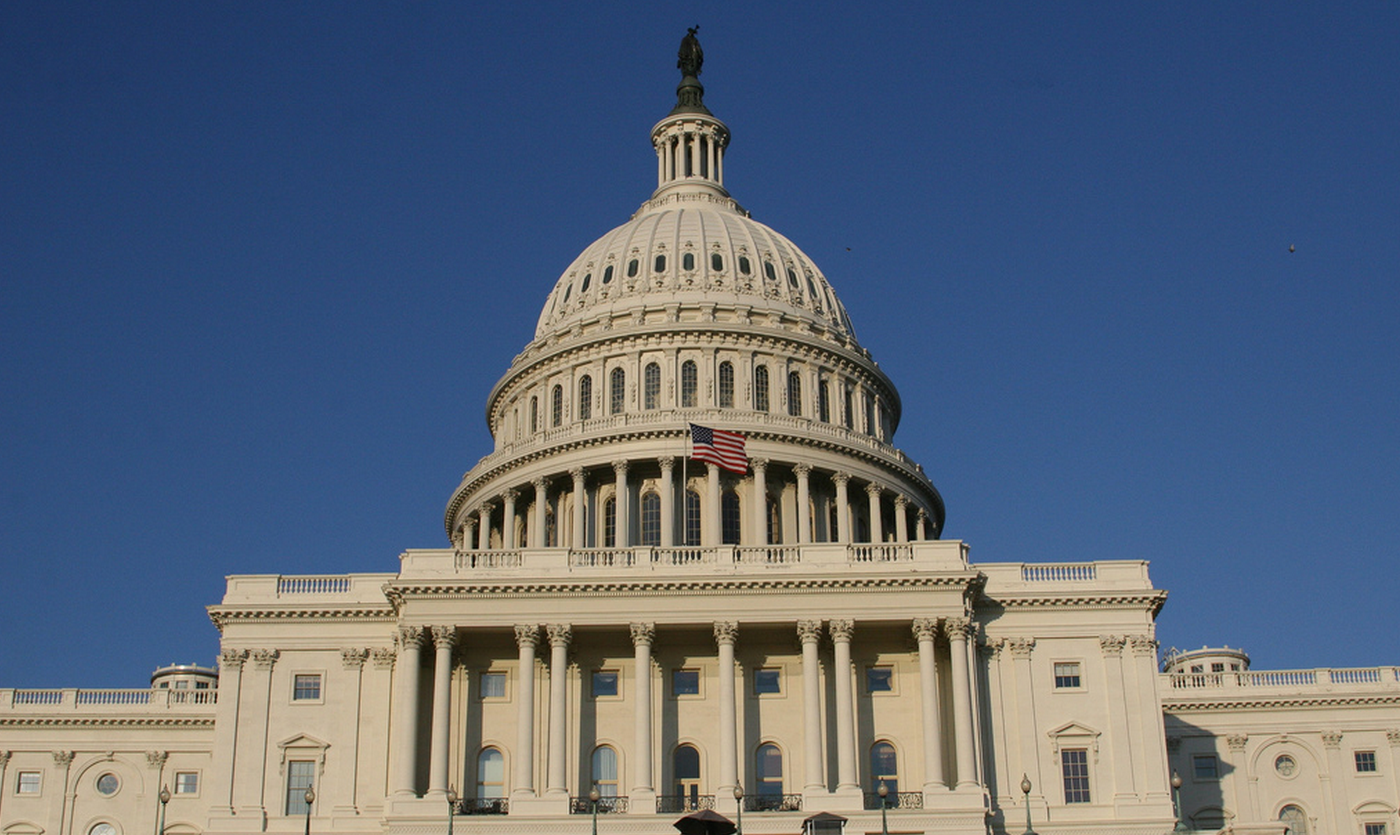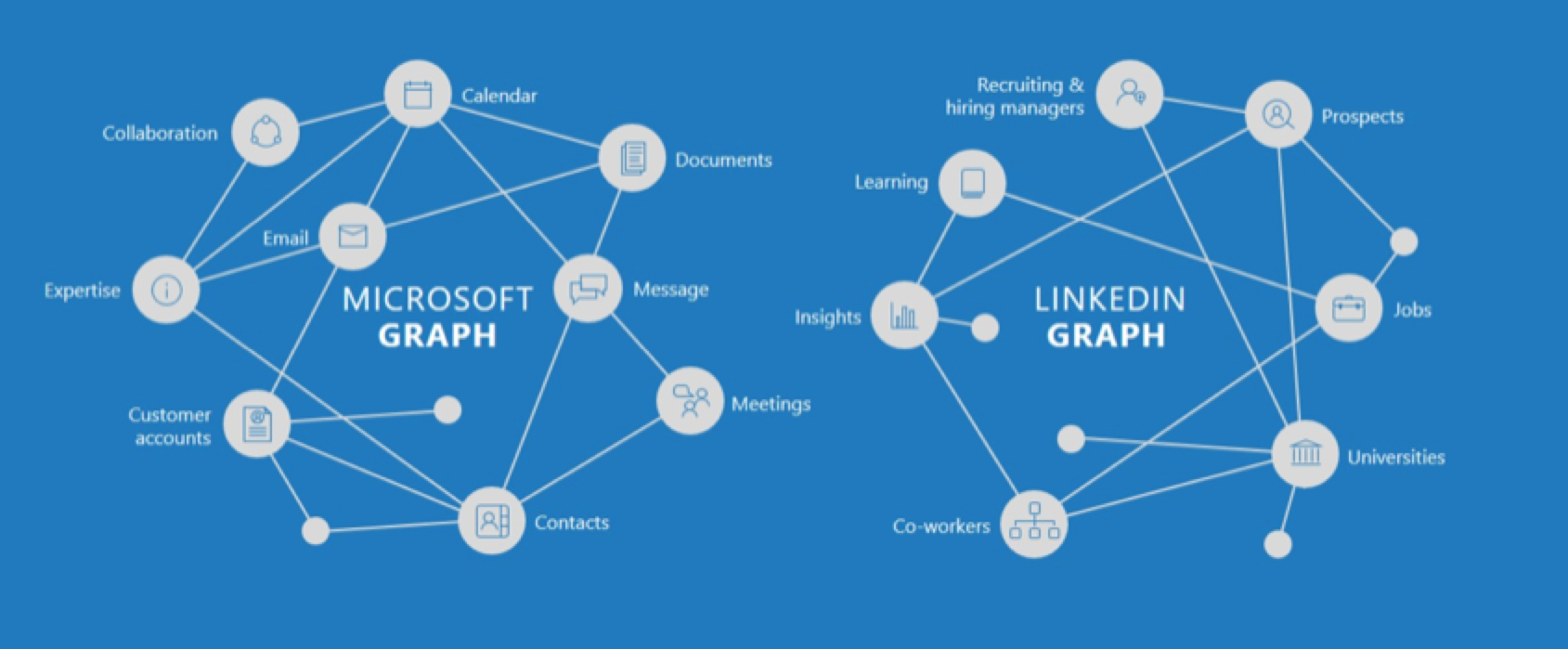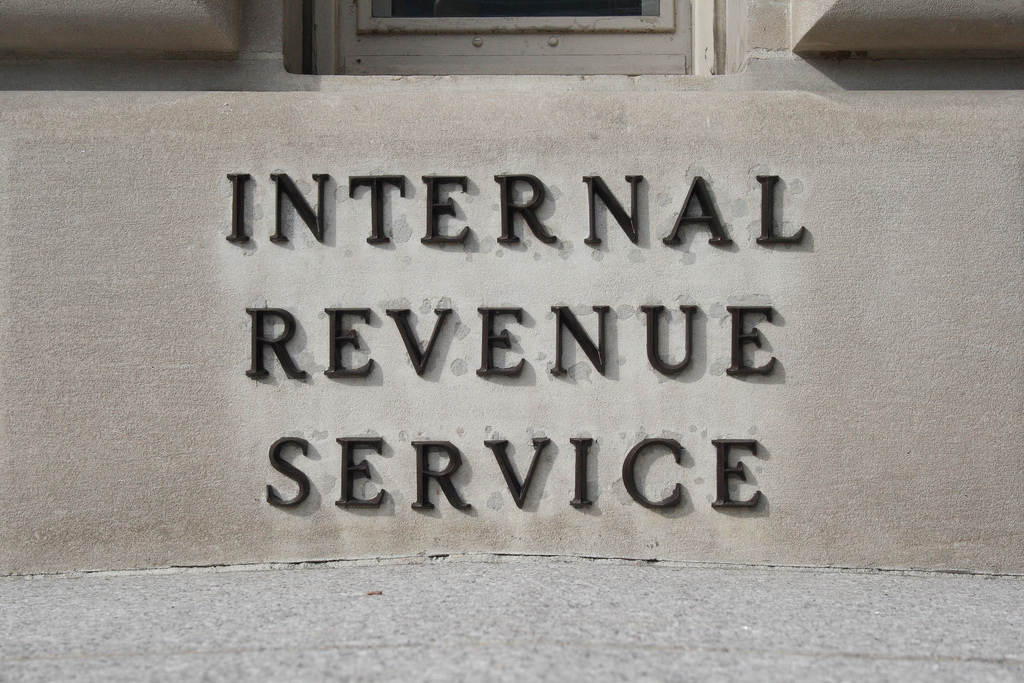Internet service providers like making money. They don’t like regulations that prevent them from any avenues that could make them money. And they will argue basically anything they can think of to help prevent those regulations from happening. Like, for example, suggesting that you, the consumer, will actively suffer harm if Comcast and others aren’t allowed to charge you extra for keeping your data to yourself. [More]
privacy

Consumer Reports Finds Serious Security Flaws In Fertility App Glow
The fertility-tracking app Glow collects detailed information about users’ bodies and sex lives, and one thing that may not occur to users is the possibility that their data could be compromised. No, not just if someone swiped their phone or broke into their account: our colleagues down the hall at Consumer Reports discovered some serious security flaws in the app, which Glow has now fixed. [More]

Government Just Sends Letters To Providers Accused Of HIPAA Violations, Doesn’t Tell Public
The federal government is not as rich and all-powerful as we sometimes think: while the Office for Civil Rights of the the U.S. Department of Health and Human Services has the responsibility of dealing with possible violations of patients’ privacy by medical care providers, it doesn’t have tee budget to post the warning letters that it sends after a single breach online. Is that useful information that the government should know about? Experts say that it is. [More]

Court: Microsoft Can’t Be Forced To Turn Over User Emails Stored Outside Of U.S.
When law enforcement officials serve a tech company with a warrant for information on a specific user, does the fact that the company could easily access that information online negate the concern that the sought-after data is stored wholly outside the U.S.? A federal appeals court — in a case involving a Microsoft email user — says that the location of the information does matter. [More]

While You Collect Pokémon, Pokémon Go Collects Your Data
Even if you aren’t playing Pokemon Go, you know people — probably a lot of people — who are. And that means you, and your friends, should keep an eye on the permissions the popular app wants to access on your phone. [More]

FCC Confirms: Entire U.S. Government Allowed To Place Annoying Robocalls
Last fall, Congress passed — and the President signed — an emergency budget bill that opened up a loophole that allows federal agencies, and private companies working on the government’s behalf, to make debt collection robocalls. However, a recently released ruling from the Federal Communications Commissions makes it clear that the entire U.S. government is exempt from rules limiting the use of robocalls to American consumers, so long at it involves government business. [More]

Google Creates One-Stop Shop To Show You Just How Much It Knows About You
Google is everywhere. It’s the world’s biggest search engine, the most popular phone operating system, the most popular web browser, an incredibly popular e-mail service, and a thousand other things. That means it knows a lot about you, especially if you you log in to a Google account and sync or unify your profile about services. Seeing exactly how much it is they know about you, and how it’s used… well, that’s been a little harder. Until now. [More]

[UPDATE] Facebook Thinks You Should Get To Know The People Near You Better
Update: In a second statement to Fusion, Facebook retracted its original statement that location is one of the ways in which it suggests who you may wish to follow, and now says, “We’re not using location data, such as device location and location information you add to your profile, to suggest people you may know. We may show you people based on mutual friends, work and education information, networks you are part of, contacts you’ve imported and other factors.” [More]

Study: 78% Of Resold Drives Still Contain Readable Personal Or Business Data
A new phone or laptop is expensive. So you trade in an old one to fund the upgrade. Straightforward, right? And thousands of businesses do the same every year. But that means there’s a whole big world out there of resold devices that may still have more of your data on them than they are supposed to. A lot more. [More]

Pilot Who Failed Drug Test Can’t Try To Use DNA To Prove He Was Clean
Imagine you’re one of the many American workers subject to random tests for the presence of drugs or alcohol in your system, and a test turns up high levels of heroin and cocaine. If you contend that the lab must have mixed up your urine sample with someone else’s should you be able to demand a DNA test to prove your innocence? If you’re a pilot, the answer is no. [More]

Senate Fails To Approve Bill Allowing FBI Searches Of Web, Phone Records Without Court Order
Earlier this week, in response to the recent massacre of 49 people at Pulse nightclub in Orlando, Senators John McCain of Arizona and Richard Burr of North Carolina introduced a controversial piece of legislation that, if approved, would allow federal law enforcement to perform searches of suspects’ electronic and online records without a traditional court order. However, this morning the Senate narrowly failed to approve the bill. [More]

Uber Investigator Pretended To Be Reporter To Dig Up Dirt On Lawsuit Plaintiff
Two years ago, Uber was heavily criticized (by basically everyone except investor/sort-of actor Ashton Kutcher) when an executive suggested the company should probe the personal life of a reporter who criticized the ridesharing service. Now Uber has gone from trying to dig up dirt on reporters, to hiring investigators who pretend to be reporters to dig up dirt on a someone suing the company. [More]

Why Is Microsoft Spending $26 Billion To Acquire LinkedIn?
Microsoft will soon have your resume on file — or at least the resume of a few hundred million LinkedIn members. The two companies announced a deal this morning that would see Microsoft pay $26.2 billion to acquire the job-networking site. [More]

Law Enforcement Agencies Using New Card Reader To Seize Prepaid Card Funds
Millions of unbanked consumers unable to open a traditional bank account have turned to prepaid debit cards in recent years. But now these reloadable, and often untraceable, cards have also become a method of choice for criminals to transport a large amount of cash from one place to another. A new device aims to make it easier for police to seize these ill-gotten funds, but some advocates worry the card scanner could be putting legitimate prepaid card users’ civil rights at risk. [More]

IRS Relaunches “Get Transcript” Online Tool, Promises It’s More Secure
A year after the Internal Revenue Service said hackers used stolen Social Security numbers and other information gleaned from the agency’s system in an attempt to access hundreds of thousands of taxpayers’ accounts, the agency says that the Get Transcript tool at the heart of the attack is back online. [More]

FBI Wants Computers To Scan Your Tattoos To Learn All About You
Law enforcement has long used tattoos as a way to identify people (“The suspect has the name ‘Marge’ on his forearm”), or as an indicator of group membership (“All members of the gang had the same exact tattoo on their forearms”), but the FBI’s in-development tattoo recognition program seeks to create an algorithm to make instant inferences about a person’s behavior based on their tattoos.
[More]




